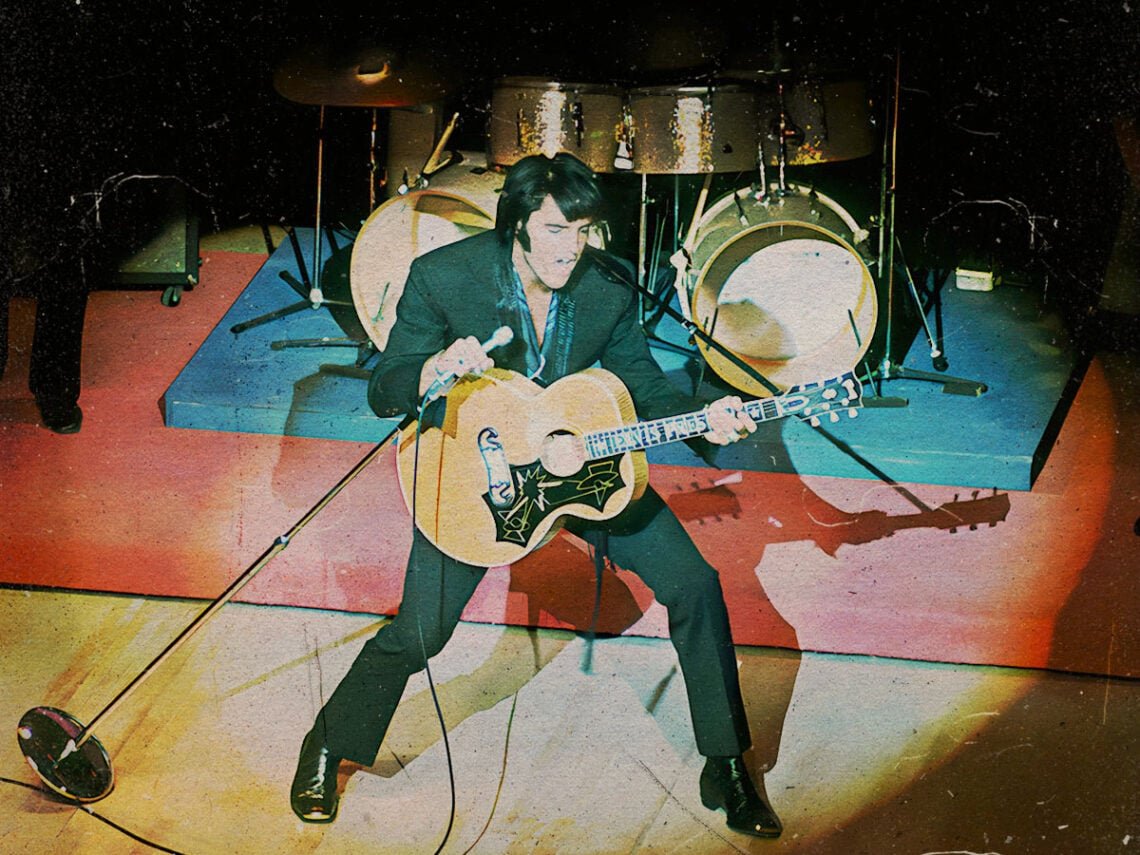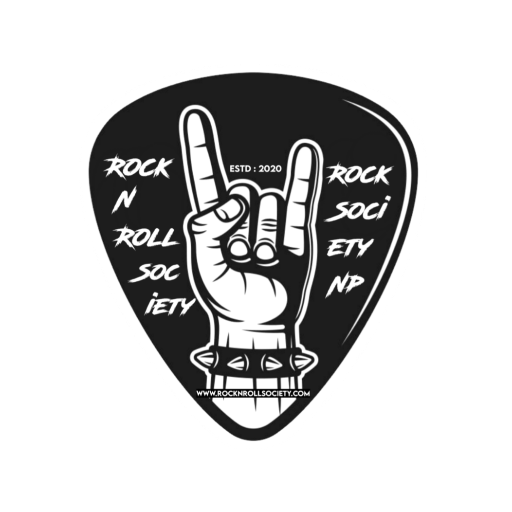
As the sparkling progenitor of rock ‘n’ roll, Elvis Presley became one of the first-ever global superstars in the 20th century. As the Beatles’ John Lennon once famously remarked, “Before Elvis, there was nothing”. Despite a famous humble nature, ‘The King’ was the first man rock star to benefit from unrestrained globalisation and technological enlightenment.
Presley’s musical career blossomed through the 1950s, with the young and old alike snapping up his 7″ singles like hotcakes. In December 1957, at the height of his fame, Presley was drafted into the US Army. His fans immediately launched petitions on an impressive scale to request that he be spared the duties, but Presley didn’t want special treatment. As it would later transpire, he even desired to get into the special forces.
“The Army can do anything it wants with me,” he famously stated at the time. After one deferment, which allowed him to complete his movie King Creole, Presley was sworn in as an army private in Memphis on March 24th, 1958. In a notable precursor to the Vietnam War, the whole ordeal seemed to make it clear that even the biggest musician in the world wasn’t exempt from serving his country.
After serving most of his term as an armour intelligence specialist in Germany, Presley was honourably discharged in March 1960. He returned to his career that year and set his sights on success as a Hollywood star, making moves to soundtrack and star in Norman Taurog’s 1961 movie Blue Hawaii. Most notably, the soundtrack featured one of Presley’s most adored and sentimental classics, ‘Can’t Help Falling in Love’.
The powerful ballad marked a turning of the tide in Presley’s career, which saw the up-tempo rock ‘n’ roll hits that adorned his ’50s output gradually outnumbered by emotional, country-inspired ballads and orchestral anthems. His days of being a hellraiser were behind him—the army had seemingly turned him very sentimental.
By 1970, the singer had added such mournful hits as ‘You’ll Never Walk Alone’, ‘Kentucky Rain’ and ‘I’ll Remember You’ to his recorded catalogue, but the saddest was still yet to come. He was at a low ebb, and the visceral exultancy of ‘Hound Dog’ didn’t seem to fit his present, portentious mood.
In 1973, in the midst of the famous seven-year Las Vegas residency, which marked the tragic decline and end of Presley’s career, the star performed a special concert at the Honolulu International Center. Broadcast live via satellite to audiences in Asia and Oceania, the show was aptly titled, or some might say unimaginatively titled, Aloha from Hawaii via Satellite.
During the memorable performance, a sun-kissed Presley treated his huge international audience to his famous cover of ‘I’m So Lonesome I Could Cry’, the 1949 country classic by the Drifting Cowboys and Hank Williams. “I’d like to sing a song that’s probably the saddest song I ever heard,” Presley announced before a characteristically breathtaking vocal performance.
The tragic track was imbued with a gut-punch of performative realism—Elvis was, indeed, rather lonesome at that time. In fact, he pretty much wept his way through with just enough grace and defiance to hide the horrors he was facing beneath a brave face. It seems this is what makes the song itself so heartbreaking: it is an honest and simple declaration of an internal monologue we all do our best to keep on mute. At one point or another in life, we’ve all felt like saying, ‘I’m So Lonesome I Could Cry’.







